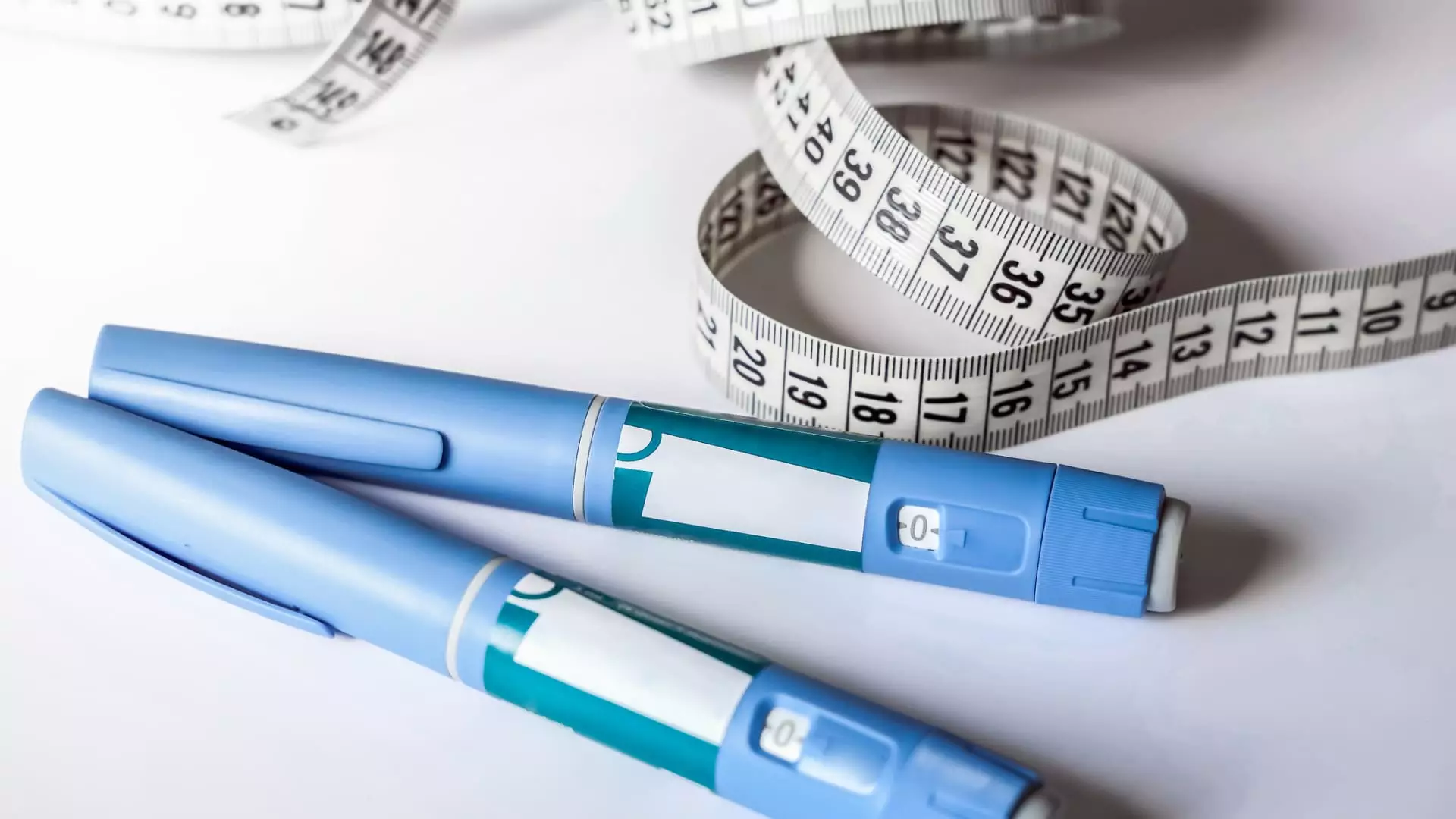The weight loss drug market has long been dominated by giants like Eli Lilly and Novo Nordisk, but recent developments from Roche and Viking Therapeutics suggest that this duopoly may soon face some stiff competition. Both Roche and Viking have made significant progress in developing new treatments that promise faster and more effective weight loss results, putting pressure on the current market leaders. This emerging competition has already taken a toll on the stocks of Eli Lilly and Novo Nordisk, with both companies experiencing significant declines in market value over the past few weeks.
Despite the recent setbacks, analysts believe that Eli Lilly and Novo Nordisk still have a strong lead in the anti-obesity category and are well-positioned for long-term growth. UBS analyst Trung Huynh predicts that competition in the market won’t emerge until around 2028, and even then, new entrants will only be able to capture a small share of the market. UBS also increased its forecast for the GLP-1 market, projecting it to reach $150 billion in sales by 2029. Other analysts share a similar optimism, citing the growing demand for weight loss treatments and the potential for new breakthroughs in the field.
Roche’s recent announcement regarding its experimental treatment, CT-996, has positioned the Swiss company as a potential contender in the anti-obesity drug market. The results from a phase 1 clinical trial showed promising weight loss outcomes, outperforming similar treatments from Eli Lilly. Roche plans to advance CT-996 to a phase 2 trial next year, along with exploring other combination therapies to expand its market potential. Viking Therapeutics, on the other hand, has made waves with its injectable drug, VK-2735, which combines two gut hormones for weight loss. The company is also exploring the possibility of a once-a-month dosing regimen for the treatment, which could be a game-changer for patients.
Looking ahead, the weight loss drug market is expected to see further advancements in the GLP-1 space, with upcoming conferences and events likely to drive more interest in the field. Analysts have identified a large number of drug pipeline candidates for obesity treatment, signaling a wave of innovation and competition in the market. Companies like Pfizer, Amgen, and others are also making strides in developing new treatments, adding to the growing landscape of options for patients. With Novo’s upcoming drug, CagriSema, expected to be a key driver of future growth, the industry is poised for a period of rapid development and change.
While the weight loss drug market may currently be dominated by a few key players, the landscape is shifting rapidly with new entrants and advancements in treatments. The emergence of Roche and Viking Therapeutics as potential contenders underscores the need for innovation and differentiation in this competitive space. As the industry continues to evolve and new breakthroughs are made, patients can look forward to a wider range of options for managing their weight and improving their health.

